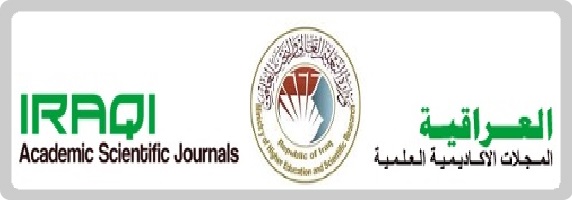The Impact of External Finance on Youth Employment in Arab Countries for the Period (1996-2021)
Abstract
Youth unemployment is one of the most critical challenges facing Arab countries, due to its undesirable economic, political, and social impacts. In an essential aspect of this problem, economic literature indicates the insufficiency of the capital needed to create employment opportunities. Therefore, one of the available ways to generate jobs in these countries is to bring in foreign financing to bridge the gap between savings and investment. This research aims to demonstrate how funding for foreign countries contributes to preparing the appropriate ground for the growth of employment opportunities in Arab countries. The study covered eight Arab countries for the period 1996-2021. The data were collected from their sources in the official publications of the World Bank. The research used the PMG ARDL method for panel data. It concluded that foreign loans are the primary catalyst for job creation and employment. In contrast, foreign direct investment hinders youth employment, and foreign aid does not create opportunities for youth employment in Arab countries. One of the most important recommendations is to pay attention to the sectoral distribution of foreign direct investment and not to limit investment to the energy sectors that provide employmentdirecting foreign loans to infrastructure and other productive industries that provide job opportunitiesattracting unconditional development aid that contributes to youth employment, and linking education outcomes with actual market needs.




